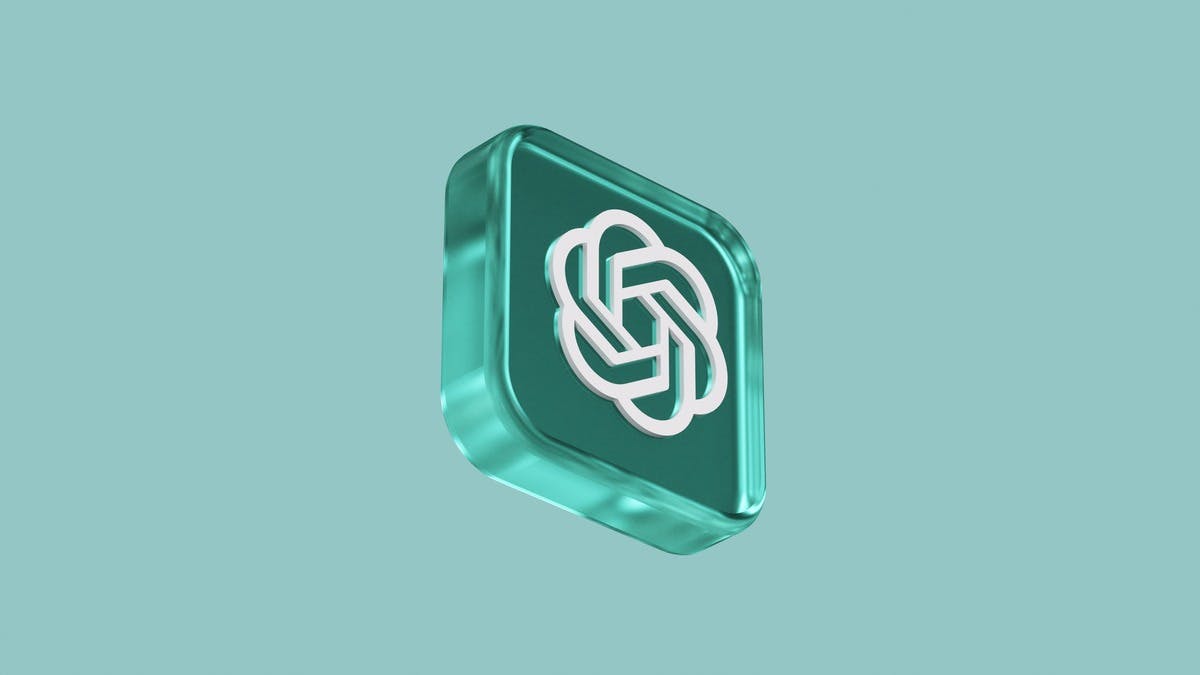Remember when IBM’s ‘Watson’ won the game show Jeopardy? In what is now considered a milestone in the development of artificial intelligence (AI), the computer system defeated two human opponents by a sizeable margin over a three-day competition in 2011.
Today, ChatGPT is having its moment, having evolved from a glorified Q&A machine to a more sophisticated platform able to generate natural-sounding responses to user input. Between November 2022 and January 2023 alone, it had over 600 million visits. Across a variety of industries, it promises better and more efficient ways of doing business. But we’re not redundant, yet!
We still need humans; to innovate big ideas, be creative, train the systems, and, well, be human. So my tale today is a cautionary one. It’s early days and there are a raft of legal and ethical questions around IP, copyright, and big data still being explored. ChatGPT gives you answers, yes, but it cannot think critically.
My best advice is this: investigate ways to embrace and leverage ChatGPT in your business, absolutely, but don’t get complacent.
Is your job at risk?
Bill Gates said recently that white-collar jobs losses will occur as a direct result of the rapid development and greater sophistication of AI. I disagree.
Yes, generative AI could be a useful tool in the workplace, particularly for large and enterprise-level organisations. And yes, Microsoft recently deleted 10,000 jobs as it invests a reported US$10 billion into Open AI (which developed ChatGPT). But rather than doing our jobs or replacing us, we humans will use the technology to evolve our own ideas and projects.
Former Director of AI at Tesla, Andrej Karpathy, now uses GitHub’s Co-Pilot (an AI platform for coding) to generate approximately 80 per cent of his code, with 80 per cent accuracy. “I don’t even really code [anymore], he declared recently on Twitter. “I prompt & edit.” My point is, he’s still the pilot. Tech is his co-pilot. He’s using the platform to accelerate his coding and free up his time and headspace for more creative, innovative work, the kind only a human can do.
Or take the driverless car. The driverless car wasn’t created in a vacuum. It can’t build the road it drives on. We build the road. We develop and build the car. Then we train it to use our road. And only then does AI enable it to drive. AI’s ‘creativity’ is finite.
Robotics can be employed to perform the more laborious, less intelligent tasks, the ones we don’t want to do, which makes us look great. AI makes us more valuable and enables us to make more, not less, valuable use of our precious time.
Beware of the fine print
Before you assign ChatGPT to critical content production tasks in your business, consider your rights. I asked the platform ‘What are your T&Cs in simple terms?’ and it reads, in short:
- OpenAI owns all rights, titles, and interests in ChatGPT and any associated materials or data
- You may not use ChatGPT for…infringing on the intellectual property rights of others
- OpenAI does not guarantee ChatGPT will be error-free
- OpenAI will not be liable for any damages arising from your use of ChatGPT, including indirect, incidental, or consequential damages
The list goes on.
AI-generated content raises IP questions such as ‘Who ultimately owns the copyright for a piece of content produced by ChatGPT and other content generators?’. At any rate, claims made within ChatGPT content contain no citations, which immediately puts the credibility of those claims at risk.
Who owns the license to content produced by ChatGPT? OpenAI. Curiously, when I asked the platform itself, its response was, simply, “Microsoft”.
I have no issue with using this technology in its early days to create anything that’s non-private, non-personal identifiable, where there’s no issue with data sovereignty (a job description, for example, or a proformer shareholder agreement). But beware, every single thing you’re producing on this platform is being saved, collated, and used to develop the application.
What’s being created is a global database of ‘things’. Your things. So while it’s shiny and new, it’s just a baby. You’re the parent. ChatGPT may well help you streamline your life or business today, but remember, it’s also making someone else’s workload even easier somewhere else down the track.
Keep up to date with our stories on LinkedIn, Twitter, Facebook and Instagram.

